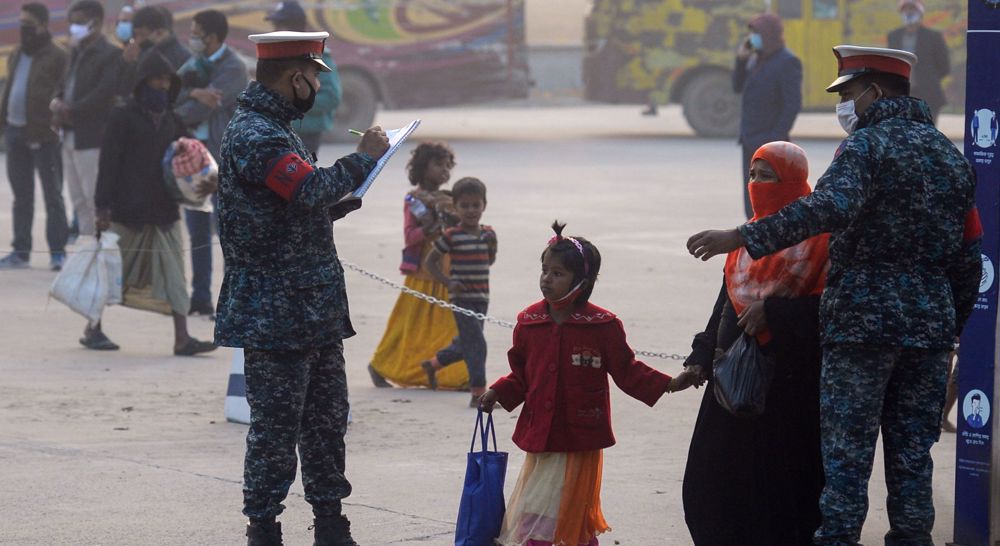Alwaght- Bangladesh has sent more than 1400 Rohingya refugees to remote islands in the Bay of Bengal.
The refugees set sail for the island of Bhasan Char, the fourth group sent to the island, where the Bangladeshi government plans to eventually move 100,000 Rohingya.
Bangladesh also aims to decongest refugee camps in Cox's Bazar, which shelter approximately 1 million Rohingya.
The relocation began in December and have been criticized by human rights groups who say that many of the refugees are being forced to move against their will.
The government of Bangladesh says the relocation is voluntary. But many refugees have talked about the move as being coerced.
Human rights organizations say the Bangladeshi government use cash incentives, as well as intimidation tactics, to force Rohingya to accept the relocation offer.
Bangladeshi authorities say the relocation is essential to ensure better living conditions for the refugees, and to improve the camps in Cox's Bazar.
The refugee camp became overcrowded from August 2017 when Rohingya Muslims began fleeing their homes in Rakhine State following waves of attacks by Myanmar's army and Buddhist mobs.
Hundreds of thousands of Muslims were violently uprooted in the months that followed, driven by a brutal military crackdown that killed thousands of them.
What happened in August 2017 was so horrific that the UN called it genocide, and a textbook example of ethnic cleansing. Those who survived the brutal killings sought refuge in Bangladesh and neighbouring countries, hoping for a day to return home.
But for now it seems that thousands of them have to go on yet another perilous journey.
Rohingya are the world's most persecuted ethnic minority haunted by the past, and denied a future. A citizenship law in 1982 stripped them of their nationality, making them one of the world's largest stateless communities.
While the Exodus to Bangladesh has ongoing in waves since the 1970s, none was as rapid and massive as the one in August 2017 that turned the spotlight on the Rohingya crisis throughout the world.
At present Bangladesh alone is home to nearly a million Rohingya refugees, at least half of whom arrived in the country as children.
The UN says the migration was unprecedented in terms of volume and speed. These people know that they cannot stay in Cox's Bazar forever, but it seems that they are not wanted anywhere in this world.
The Rohingya Muslims also fear for their safety should they return to the Myanmar. The UN fact finding mission on Myanmar says that approximately 600,000 Rohingya are still inside the country living under the threat of genocide.
The world body says no refugees will agree to be repatriated without the assurance of full citizenship and ethnic rights to settle back in Myanmar.
Given the Myanmar leaders’ reluctance to address the issue, the minority groups fate is a major cause for concern that is only being voiced by a select group of countries around the world.



























